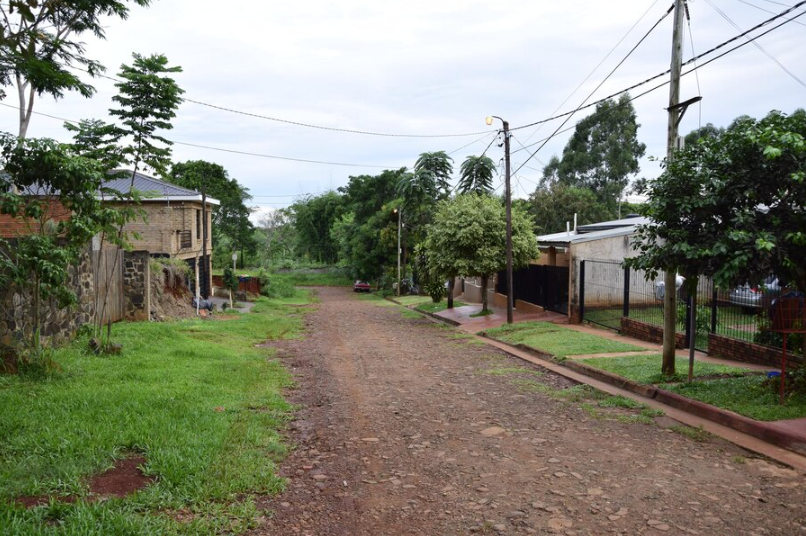Access to electricity remains a significant challenge in many rural parts of Africa, affecting the quality of life and hindering socio-economic development. Despite the continent’s vast natural resources, millions of people still live without reliable access to electricity, particularly in remote and underserved areas. This energy deficit has far-reaching consequences, limiting opportunities for education, healthcare, and economic growth.
HIK Network is stepping up to address this issue through innovative off-grid solar solutions and community-driven approaches.

Access to electricity in rural Africa remains alarmingly low. According to the International Energy Agency (IEA), over 600 million people in sub-Saharan Africa lack access to electricity, with rural areas accounting for the majority of this deficit. In some countries, less than 10% of rural households are connected to the grid. This energy poverty has profound implications:
Current State of Rural Electrification
1. Education:
Schools in rural areas often lack electricity, making it difficult for students to study after dark or access digital learning tools.
2. Healthcare:
Clinics and hospitals struggle to operate essential medical equipment, refrigerate vaccines, or provide adequate lighting for nighttime emergencies.
3. Economic Activities:
Small businesses and farmers face limitations in productivity due to the absence of reliable power for machinery, refrigeration, or lighting.
HIK Network’s Approach
HIK Network has emerged as a key player in addressing rural electrification challenges through innovative and community-focused strategies. Our approach includes:
Deployment of Off-Grid Solar Solutions: through providing remote communities with affordable and scalable solar energy systems. These off-grid solutions, such as solar home systems and mini-grids, are tailored to meet the specific energy needs of rural households and businesses.
Collaboration with Local Stakeholders: We recognize the importance of community involvement and work closely with local leaders, governments, and organizations to identify energy needs and ensure the sustainability of their projects.
Training Programs: To empower communities, we offer training programs that equip locals with the skills to maintain and manage renewable energy systems. This not only ensures the longevity of the projects but also creates job opportunities within the community.

Testimonials from beneficiaries highlight the profound changes brought about by access to electricity. One farmer in Bundibugyo shared, “With solar-powered irrigation, I can now grow crops year-round, increasing my income and supporting my family.”
We not only provide light but also foster socio-economic development and improve livelihoods. As these efforts continue to expand, they offer hope for a brighter, more electrified future for rural Africa.
The lack of electricity perpetuates a cycle of poverty, making it imperative to find sustainable solutions to bridge this gap.
Mitchel Kakuru – Quote





